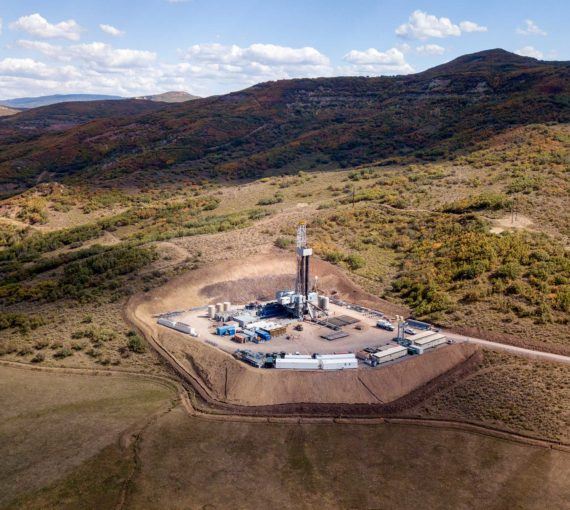

The paper outlines the need for more extensive research on the plastics and petrochemical sectors, especially regarding data from Asian companies and activities in China in particular. We connect this increasing infrastructural lock-in to actions and strategies enacted by the industry to restrict regulations on the use of plastics and support specific consumer behaviour to uphold also an institutional and behavioural lock-in. We show that among the twelve largest companies 88 new projects for production capacity increase and infrastructure expansion were announced between 20. With data collected from trade press and reports, we present insights of the investment trends in the plastics industry from the past decade. This research note develops the main aspects of the carbon lock-in in the plastics industry and how it extends into many aspects of contemporary life. The continued expansion of plastics production all over the world entrenches modern societies and life styles deeper in the dependence on fossil resources. This analytical scrutiny can indicate where interventions are needed in the plastics system towards creating transformational change. That said, the transition to a sustainable plastics system requires an integrated, knowledge-based systems approach that interrogates the dynamics and causal-effect relationships of the interconnected challenges. It emphasises that is unwise to think about plastics recycling as an insular and linear problem, due to the complexity and interconnectedness of different parts of the plastic system that affect and are affected by the intertwined processes, stakeholders and values. This perspective aims to depict the structural and systemic inefficiencies of the plastics system, and illuminate: (a) the vulnerability of the recycling sector to macroeconomic – particularly to oil price – shocks (b) the economics of the recycling system (c) the political dimensions of the plastics sector. The plastic system is burdened with many inefficiencies that have been exposed, and exacerbated, by the outbreak of the coronavirus (SARS-CoV2) pandemic in December 2019, widely known as COVID-19, and which threaten society's commitment to transition to a sustainable plastics economy. Strict governance structures, enforceable regulation, and a new proactive and inclusive vision for the low-carbon transition are equally important. Overcoming these carbon lock-ins and achieving zero-carbon targets for the sector by 2050 will require thorough systemic change to how plastics are produced, used, and recycled, including promotion of demand reduction strategies, bio-based feedstocks, and circular economy principles. We show how lock-ins are stubbornly entrenched across the domains of production, markets, waste management, industry organization, and governance. Here, we review carbon lock-ins throughout the plastic value chain and identify possible mitigation pathways for each stage of the plastic life cycle.

Current research has investigated mitigation potential on different parts of the plastic value chain but remains in silos. Although a few initiatives have been launched, they primarily focus on plastic waste. The industry must decarbonize to reach global net-zero pledges. The plastic industry is dependent on fossil fuels in various ways that result in strong “carbon lock-in” throughout the value chain and large and growing CO 2 emissions. While efforts to reform the environmental practices of ethane-to-plastics GPNs face formidable barriers, GPNs embody economic and political vulnerabilities, and offer multiple opportunities for policy interventions.

These include regulatory capture regulatory exemption for gas and oil drillers re-regulation involving gas pipelines and LNG terminals, and regulatory drift involving plastic garbage. Regulatory failure is not due to lack of regulation, but instead stems from different policy problems in each GPN sector. regulations have failed to mitigate environmental harms from the ethane-to-plastics GPN. Ethane is an attractive feedstock for plastics because it is chemically efficient and inexpensive, allowing plastics to be manufactured more profitably. Here, I examine the regulation of the newest strand of an industrial global production network (GPN) for ethane, which starts in Pennsylvania, USA. The result is likely to be an increase in the amount of plastic garbage, which ultimately is liable to contribute to pollution of the world's oceans with plastic wastes and fuels concern over the impacts of plastic pollution on ecosystems and human health.

Although the connection between plastics and fracking may seem obscure, ethane, a gas liquid produced through natural gas fracking, is currently stimulating increases in world plastics production.


 0 kommentar(er)
0 kommentar(er)
